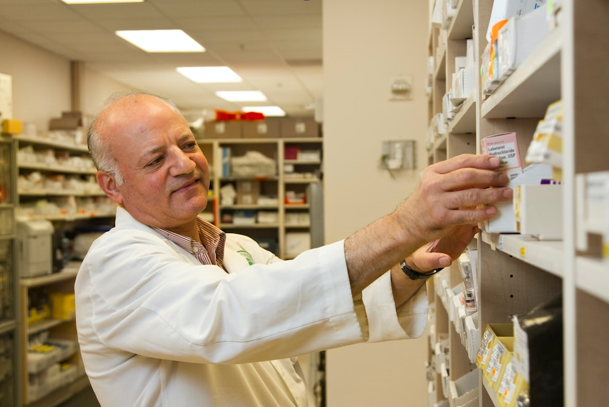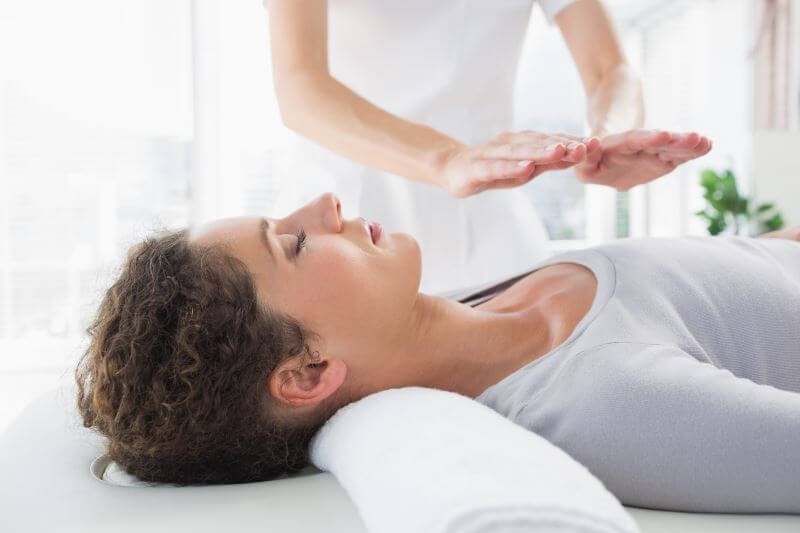Aging is an inevitable part of life, but how we age is largely in our control. Healthy aging is not merely about living longer; it’s about living better. It involves making lifestyle modifications and overcoming unhealthy habits to ensure our later years are as fulfilling and healthy as possible. This concept is gaining importance as the global population of older adults increases. By adopting healthier lifestyles, seniors can prevent or delay the onset of chronic diseases and disabilities. A crucial aspect of this process involves understanding and utilizing healthcare resources effectively, maintaining a balanced diet, and staying physically active. These changes can significantly impact one’s quality of life, enhancing both physical and mental health.
Below, we’ll explore the various ways you can embrace healthy aging, ensuring your golden years are vibrant and rewarding.
Importance of Accessible Healthcare Services
One of the cornerstones of healthy aging is accessible healthcare, with pharmacies playing a crucial role. Pharmacies do more than dispense medications; they offer guidance, support, and essential health services that are integral to managing health in older age. However, choosing the right pharmacy can sometimes be a daunting task, especially considering the vast number available. For instance, in 2022, Iowa alone had 601 pharmacies, with almost equal distribution in rural (305) and urban (296) areas. This diversity highlights the importance of selecting a pharmacy that not only meets your medical needs but is also conveniently located.
The significance of finding a nearby pharmacy cannot be overstated, especially for seniors. Proximity ensures easier access to medication and healthcare advice, which is critical for those managing chronic conditions. For instance, if you’re in Marengo, Iowa, finding a nearby Marengo pharmacy will enable you to get medications and other health services on time. Moreover, pharmacists in local pharmacies are often more accessible for consultations, medication reviews, and personalized advice, making them an invaluable resource in the journey of healthy aging.
Nutrition and Dietary Changes
Nutrition plays a pivotal role in healthy aging. As we age, our bodies change, and so do our nutritional needs. Adopting a balanced and nutritious diet is crucial for maintaining health, preventing malnutrition, and reducing the risk of chronic diseases such as heart disease, diabetes, and osteoporosis. Seniors should focus on consuming a variety of foods rich in nutrients, including fresh fruits, leafy green vegetables, lean proteins, and whole grains.
It’s also important to pay attention to portion sizes and meal frequency. Smaller, more frequent meals can aid in better digestion and nutrient absorption. Additionally, staying hydrated is essential. Older adults often experience a reduced sense of thirst, which can lead to dehydration. Therefore, drinking adequate water throughout the day is necessary for maintaining bodily functions and overall health. Limiting the intake of processed foods, high in salt, sugar, and unhealthy fats, is equally important. These small dietary changes can have a significant impact on the health and well-being of older adults.
Regular Physical Activity
Physical activity is another key component of healthy aging. Regular exercise can help seniors maintain mobility, flexibility, and balance, reducing the risk of falls and injuries. It also plays a vital role in managing and preventing chronic diseases, improving mental health, and boosting overall quality of life.
There are various forms of physical activity suitable for older adults, regardless of their fitness level. These can range from walking, swimming, and cycling to more structured activities like yoga, tai chi, or group exercise classes specifically designed for seniors. Older adults need to choose activities they enjoy, as this increases the likelihood of regular participation.
Safety is paramount when incorporating exercise into daily routines. Seniors should start slowly, especially if they have been inactive or have existing health conditions. Consulting with healthcare providers before starting any new exercise regimen is advisable. They can provide personalized advice and help develop a safe and effective exercise plan.
Mental Health and Social Engagement
Mental health is as important as physical health in the process of healthy aging. As individuals age, they often face various challenges, such as the loss of loved ones, retirement, and changes in physical health, which can impact mental well-being. Activities that promote mental health include engaging in hobbies, learning new skills, or volunteering. These activities not only keep the mind active but also provide a sense of purpose and fulfillment.
Social engagement is another key aspect of maintaining optimal mental health in older adults. Isolation and loneliness can lead to depression and a decline in mental function. Therefore, staying connected with family, friends, and the community is crucial. Participating in social groups, community activities, or clubs can provide a sense of belonging and increase overall happiness.
Overcoming Unhealthy Habits
Unhealthy habits such as smoking, excessive alcohol consumption, and a sedentary lifestyle can significantly hinder the process of healthy aging. It’s never too late to quit these habits, and doing so can drastically improve health outcomes. Quitting smoking, for instance, can improve heart and lung function and reduce the risk of chronic diseases. Reducing alcohol consumption can improve liver health and cognitive function.
Overcoming these habits requires a combination of self-motivation, support, and sometimes professional assistance. Many resources are available, including support groups, counseling services, and medical interventions. Adopting healthier alternatives like engaging in regular physical activity, eating a balanced diet, and participating in social activities can also aid in breaking unhealthy habits. Building a strong support system with family, friends, and healthcare providers can provide the necessary encouragement and guidance.
Regular Health Check-Ups and Screenings
Regular medical check-ups and screenings play a vital role in healthy aging. These check-ups can help in the early detection and management of health issues commonly associated with aging, such as high blood pressure, diabetes, and certain cancers. Early detection often leads to better treatment outcomes and can prevent complications.
Seniors should be proactive about their health by scheduling regular visits to their healthcare providers and staying up to date with recommended screenings. These may include blood pressure checks, cholesterol tests, cancer screenings, and bone density tests. Vaccinations, such as flu shots and shingles vaccines, are also important for older adults to maintain their health.
Building a relationship with healthcare providers is essential. It ensures that the care received is personalized and based on an individual’s unique health history and needs. Seniors should feel comfortable discussing all aspects of their health with their providers, including mental health and lifestyle concerns.
Conclusion
Healthy aging is a comprehensive approach that encompasses physical health, mental well-being, social engagement, overcoming unhealthy habits, and regular health monitoring. By focusing on these aspects, older adults can enhance their quality of life and enjoy their golden years with vigor and vitality. It’s about making conscious choices every day to live a healthier, more fulfilling life. Remember, it’s never too late to start, and every small step counts towards a healthier, happier you in the years to come.




